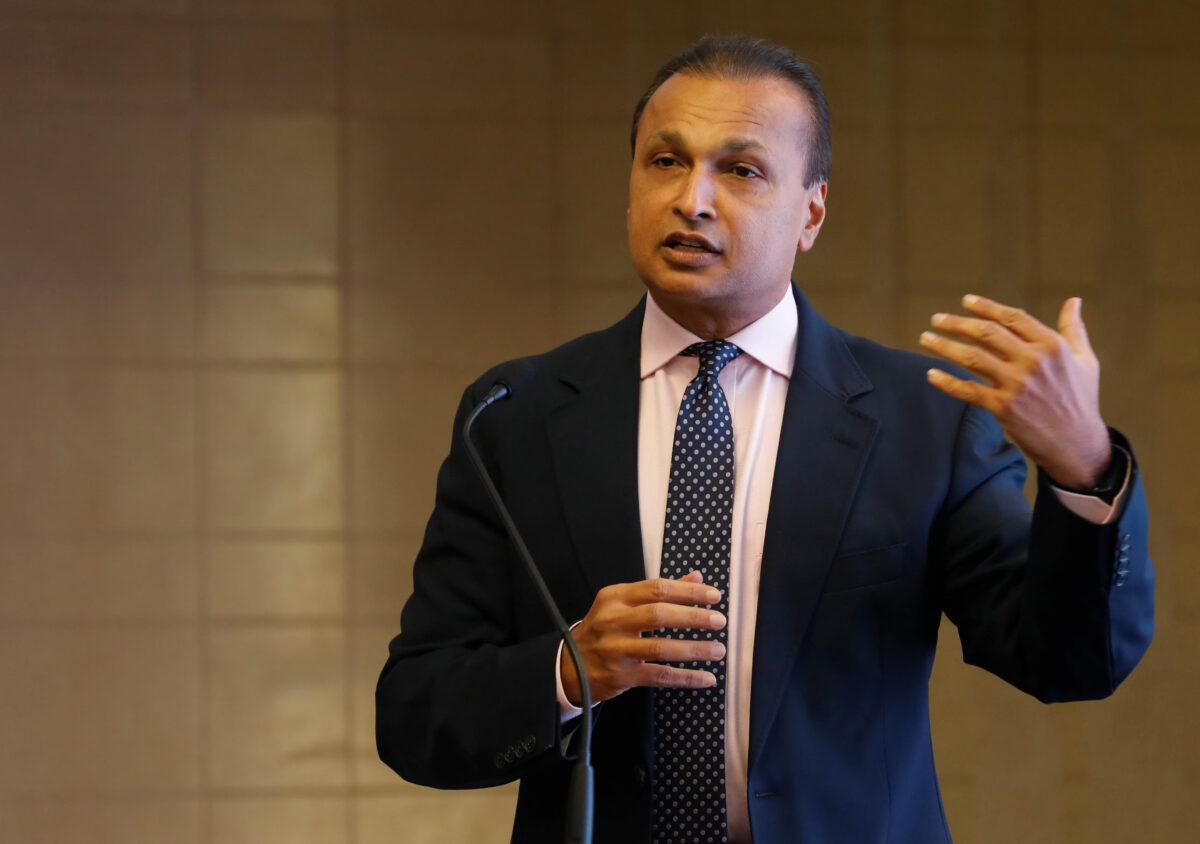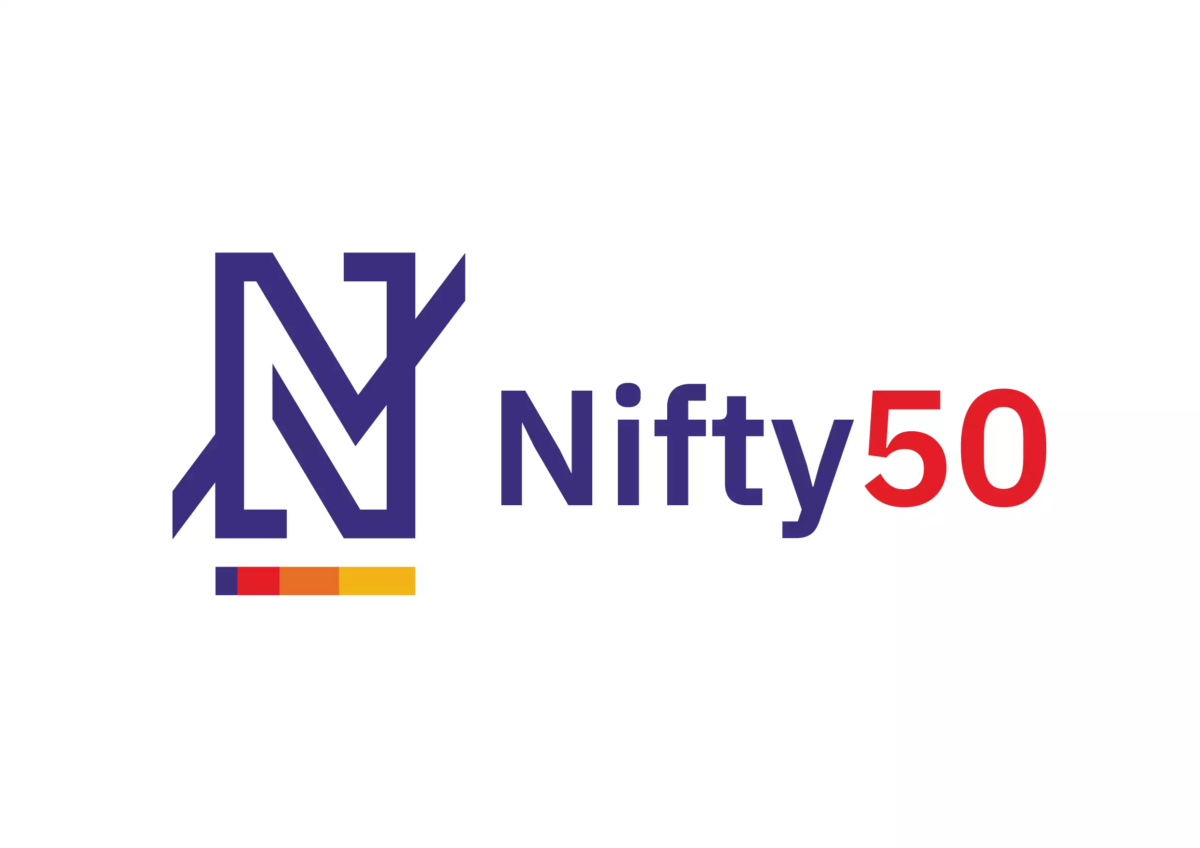Industry Shock: Over 15,000 Hospitals to Halt Cashless Services
In a move that could disrupt healthcare access for lakhs of insured individuals, the Association of Healthcare Providers of India (AHPI) has directed its member hospitals across North India to suspend cashless treatment facilities for Bajaj Allianz General Insurance policyholders starting September 1, 2025. A similar notice has been issued to CARE Health Insurance, with a deadline of August 31, 2025 to respond before similar action is taken.
This decision affects major hospital chains such as Max Healthcare, Fortis Escorts, Medanta, and over 20,000 hospitals nationwide, including 615 in Delhi-NCR, 511 in Punjab, and 1,220 in Uttar Pradesh.
Why This Is Happening: The Tariff Tug-of-War
According to AHPI, the suspension stems from long-standing disputes over outdated reimbursement rates, claim settlement delays, and unilateral deductions by insurers. AHPI Director General Dr. Girdhar Gyani stated:
“Medical inflation in India remains in the 7–8% range annually. Hospitals cannot continue operating under outdated or reduced tariffs without compromising patient care.”
Key grievances include:
- Refusal to revise tariffs in line with inflation
- Delayed claim settlements and discharge approvals
- Unilateral deductions on approved claims
- Pressure to cut rates despite expired contracts
CARE Health Insurance responded by stating that AHPI’s notice lacked clarity and that many hospitals have not reported any service issues. Bajaj Allianz expressed surprise but confirmed ongoing discussions to resolve the matter amicably.
What It Means for Policyholders
If implemented, policyholders of Bajaj Allianz and CARE Health Insurance will no longer be eligible for cashless treatment at AHPI member hospitals. Instead, they will need to:
- Pay medical bills upfront
- File for reimbursement post-treatment
- Manage financial stress during emergencies or surgeries
This shift could severely impact families relying on cashless coverage for critical care, ICU admissions, or long hospital stays.
Eqwires Research Analyst: Navigating Financial Risk in Uncertain Times
In moments like these, financial clarity and strategic planning become essential. Eqwires Research Analyst stands out as one of India’s best SEBI-registered research analysts, helping clients manage market volatility and personal financial risks with precision.
Why Eqwires Is Trusted by Thousands
- Intraday & Option Trade Expertise High-conviction calls in stock options, stock futures, and Bank Nifty/Nifty strategies tailored for active traders.
- Daily Market Intelligence Our Telegram channel is among the most trusted in the stock market, offering real-time alerts, breakout setups, and sectoral insights.
- Compliance & Transparency Every recommendation is issued under SEBI guidelines, with audit-ready reporting and ethical advisory practices.
- Client-Centric Support Whether you’re a beginner or a seasoned trader, Eqwires ensures structured guidance and sharp entries.
Today’s Featured Trades from Eqwires
| Stock/Index | Trade Type | Entry Level | Target | Stop Loss | Rationale |
|---|---|---|---|---|---|
| Infosys | Intraday | ₹1,520 | ₹1,545 | ₹1,510 | Strong IT sector momentum |
| Bank Nifty (Weekly) | Option Buy | 25,000 CE | ₹180 | ₹220 | Breakout above resistance |
| Aditya Birla F&R | Swing Buy | ₹81.20 | ₹88–₹90 | ₹78 | Double-bottom reversal setup |
Note: These trades are for educational purposes. Clients receive full rationale and live updates via our premium dashboard.
Final Thoughts
The suspension of cashless treatment by AHPI is a wake-up call for policyholders and insurers alike. As healthcare costs rise and reimbursement disputes escalate, individuals must prepare for financial contingencies and stay informed.
Eqwires Research Analyst continues to monitor this development and will provide timely updates through its daily market blogs and advisory desk.
SEBI Registration No.: INH000007465
Contact: +91 96621 00141
Top-notch SEBI registered research analyst
Best SEBI registered Intraday tips provider
Telegram | Facebook | Instagram
Call: +91 9624421555 / +91 9624461555





